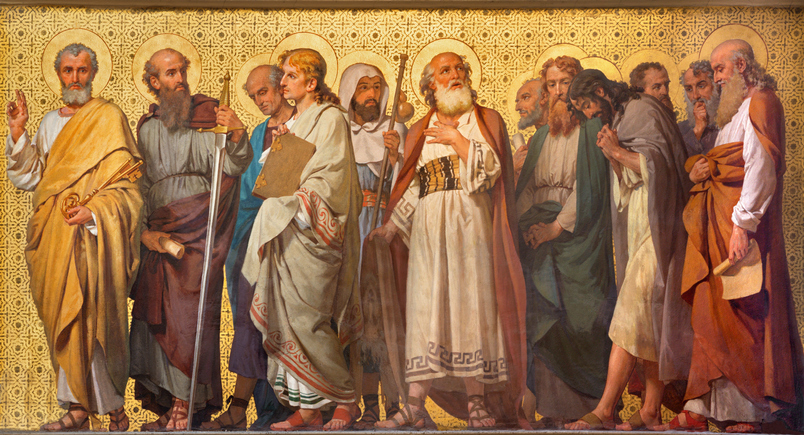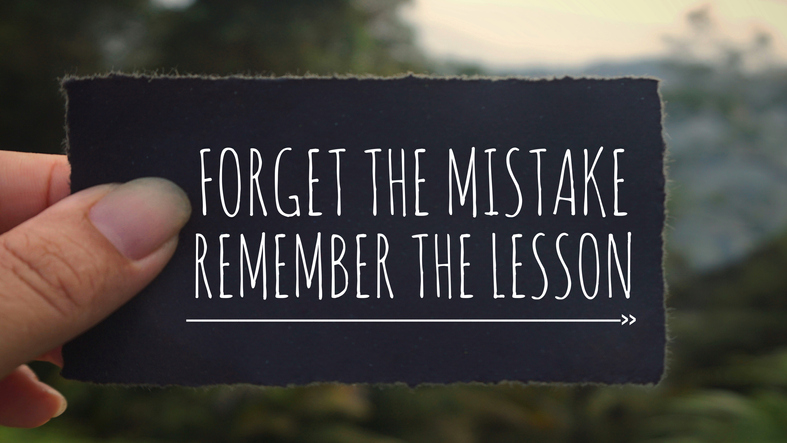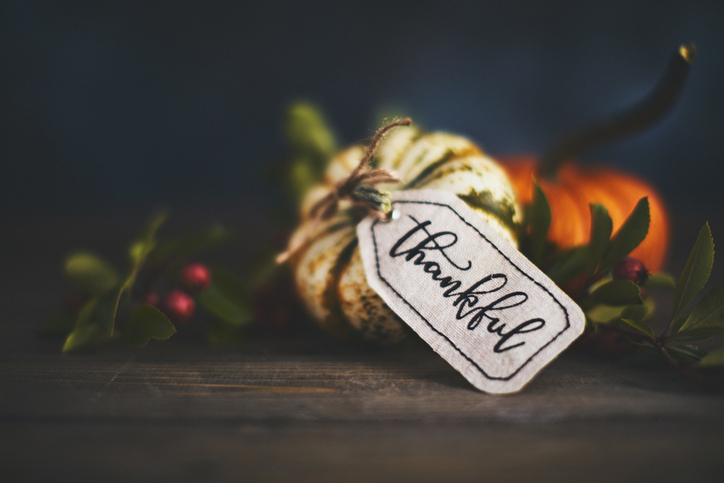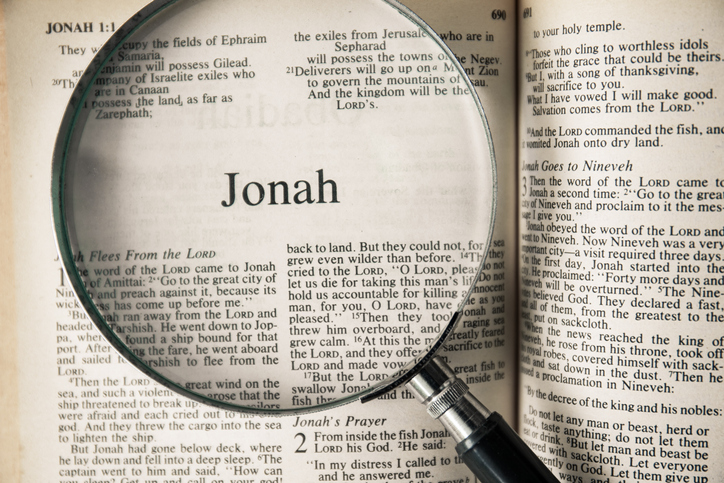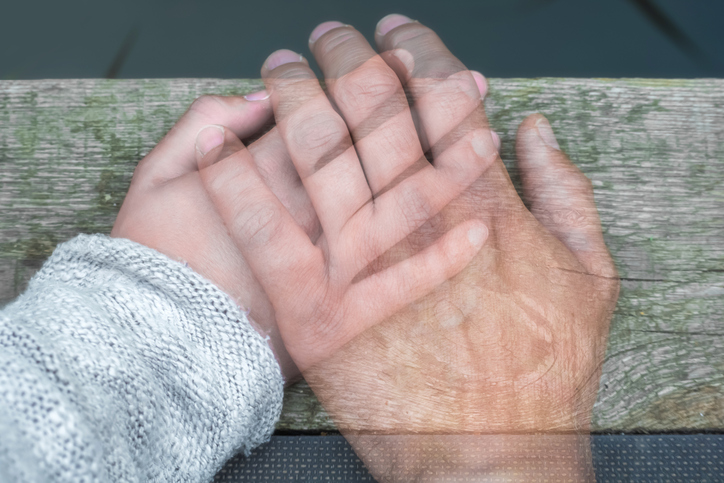Through today’s first reading, responsorial psalm and Gospel, I see one consistent theme: the power of God.
How often do we sit down and reflect, really reflect, on God’s power? Could we even comprehend it, or would we be overwhelmed? Would we be terrified or comforted that He is all-powerful?
We see many instances of power in the first reading. God’s saving power through Jesus’s passion, death, and resurrection, a saving power for all who believe. God’s mighty hand against wickedness, sin, and evil. His ability to create the world and to make Himself known through creation.
The whole theme of St. Paul’s letter to the Romans is salvation through faith – the first two verses of today’s first reading make that evident. But what we see through the rest of the passage is what happens to idolaters, to those who don’t have faith or who direct their faith in wrong, well, directions. God has (and did execute) the power to hand them “over to impurity through the lust of their hearts for the mutual degradation of their bodies.” Pretty serious stuff.
In the responsorial psalm, we see more of the power of creation as the heavens proclaim the glory of God. God is existence himself; He is outside of time and space. Through God, the universe and everything else came into being. God is evident; He can be seen and known through all of His creation. Therefore, all of creation points itself back to the creator.
There’s a different kind of power on display in the Gospel, however. Here, Jesus’s power is shown in compassion as he dines with one of the Pharisees. Another instance of His power is shown in His wisdom, knowing the depth of the heart of the Pharisee. But we also see the power to cleanse in the root of His message, “But as to what is within, give alms, and behold, everything will be clean for you.” His message isn’t just for His disciples and faithful followers, it’s for everyone – Pharisees included.
What does God’s power mean for us today?
Most importantly, that He has the power to cleanse and heal us as well. That He knows the depths of our hearts. That He has the power to make all things new. That power shouldn’t scare us but give us tremendous joy and hope. It is a power that should be called upon in every aspect of our lives.
Thank you, God, for your power.

Erin is a Cleveland native and graduate of Franciscan University of Steubenville. Following graduation, she began volunteering in youth ministry at her home parish of Holy Family Church. Her first “big girl” job was in collegiate sports information where, after a busy two years in the profession on top of serving the youth, she took a leap of faith and followed the Lord’s call to full-time youth ministry at St. Peter Church. She still hopes to use her communication arts degree as a freelance writer and statistician, though. You can catch her on the Clarence & Peter Podcast on YouTube as well as follow her on Twitter @erinmadden2016.

